EP 100 establishes ethical requirements for members of the Institute of Singapore Chartered Accountants (ISCA). All ISCA members are required to comply to EP 100 and failure to observe the EP 100 may result in disciplinary action.
The provisions on long association of senior personnel with an audit or assurance client in EP 100 (Long Association provisions) deal with familiarity and self-interest threats created when the firm uses the same senior personnel on an audit or assurance engagement over a long period of time.
Arising from the final proposed amendments to the Long Association provisions issued by the International Ethics Standards Board for Accountants (IESBA) as part of its Long Association Project, ISCA has made amendments to EP 100.
The key amendments include:
- Increase in the cooling-off period for Engagement Partners (EPs) of public interest entity (PIE) audit clients from 2 years to 5 years;
- Increase in the cooling-off period for Engagement Quality Control Review Partners (EQCRs) of PIEs from 2 years to 3 years;
- Additional restrictions placed on a former key audit partner (KAP), during the cooling-off period, prohibiting him or her from leading or coordinating the firm’s professional services to the audit client or overseeing the firm’s relationship with the audit client; and
- The former KAP is also prohibited, during the cooling-off period, from undertaking any other role, including provision of non-assurance services, that would result in frequent interaction with senior management or those charged with governance.
Subject to the transitional paragraph 290.163, Section 290 paragraphs 290.148 to 290.168 are expected to be effective for audits of financial statements for periods beginning on or after 15 December 2018.
Section 291 paragraphs 291.137 to 291.141 are expected to be effective as of 15 December 2018.
The transitional paragraph 290.163 shall have effect only for audits of financial statements for periods beginning prior to December 15, 2023. This will facilitate the transition to the required cooling-off period of five consecutive years for engagement partners in those jurisdictions where the legislative body or regulator (or organisation authorised or recognised by such legislative body or regulator) has specified a cooling-off period of less than five consecutive years.
Click here for the amended EP 100

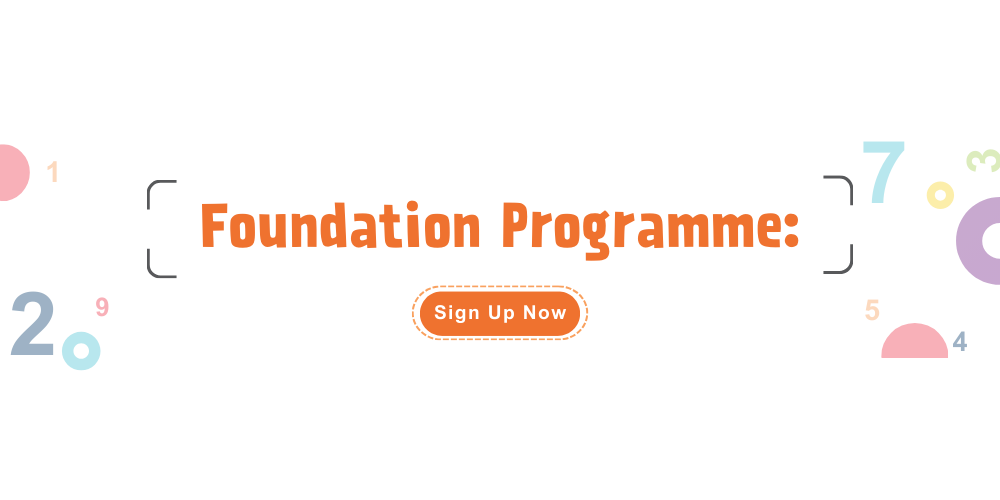

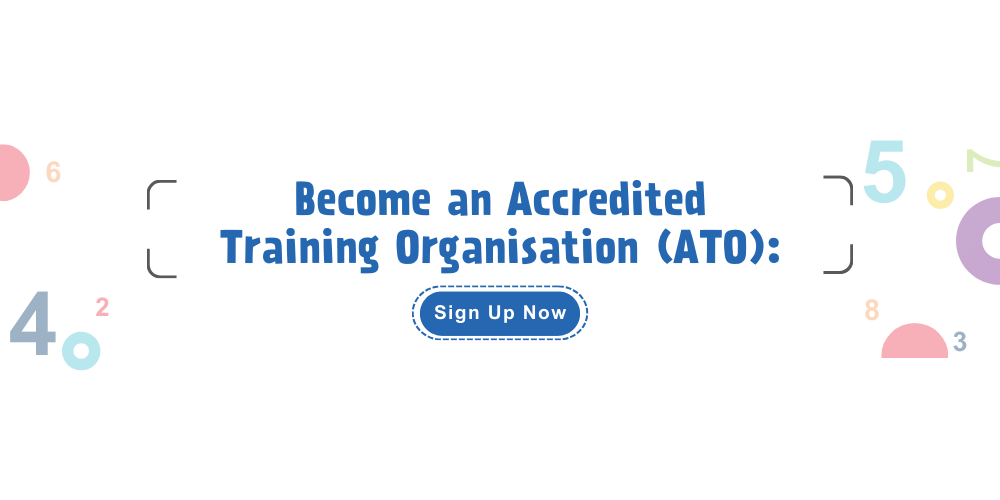

.png?sfvrsn=dd675fd5_2)
.jpg?sfvrsn=d4038e84_0)

-(1).png?sfvrsn=db949de5_0)
-(5).png?sfvrsn=3162fbc9_0)

/business-management-global-connection/istock-1167579720-c.jpg?sfvrsn=ff93f9a5_2)
/audit-assurance/istock-1169206203-c.jpg?sfvrsn=1d6f9b25_2)

/professionals/istock-845530100-c.jpg?sfvrsn=46efdedd_2)
/ethics-and-professionalism/istock-1141115724-c.jpg?sfvrsn=4e54d691_2)

/audit-assurance/istock-818732836-c-v3.jpg?sfvrsn=ae44e7b7_0)
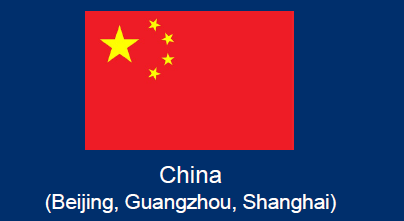
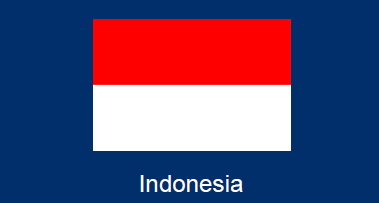

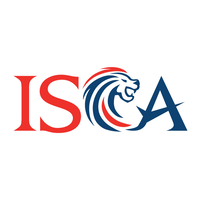
.png?sfvrsn=905ee1bd_0)
/legal-secretarial/istock-866706340-c.jpg?sfvrsn=d7f57b8c_2)